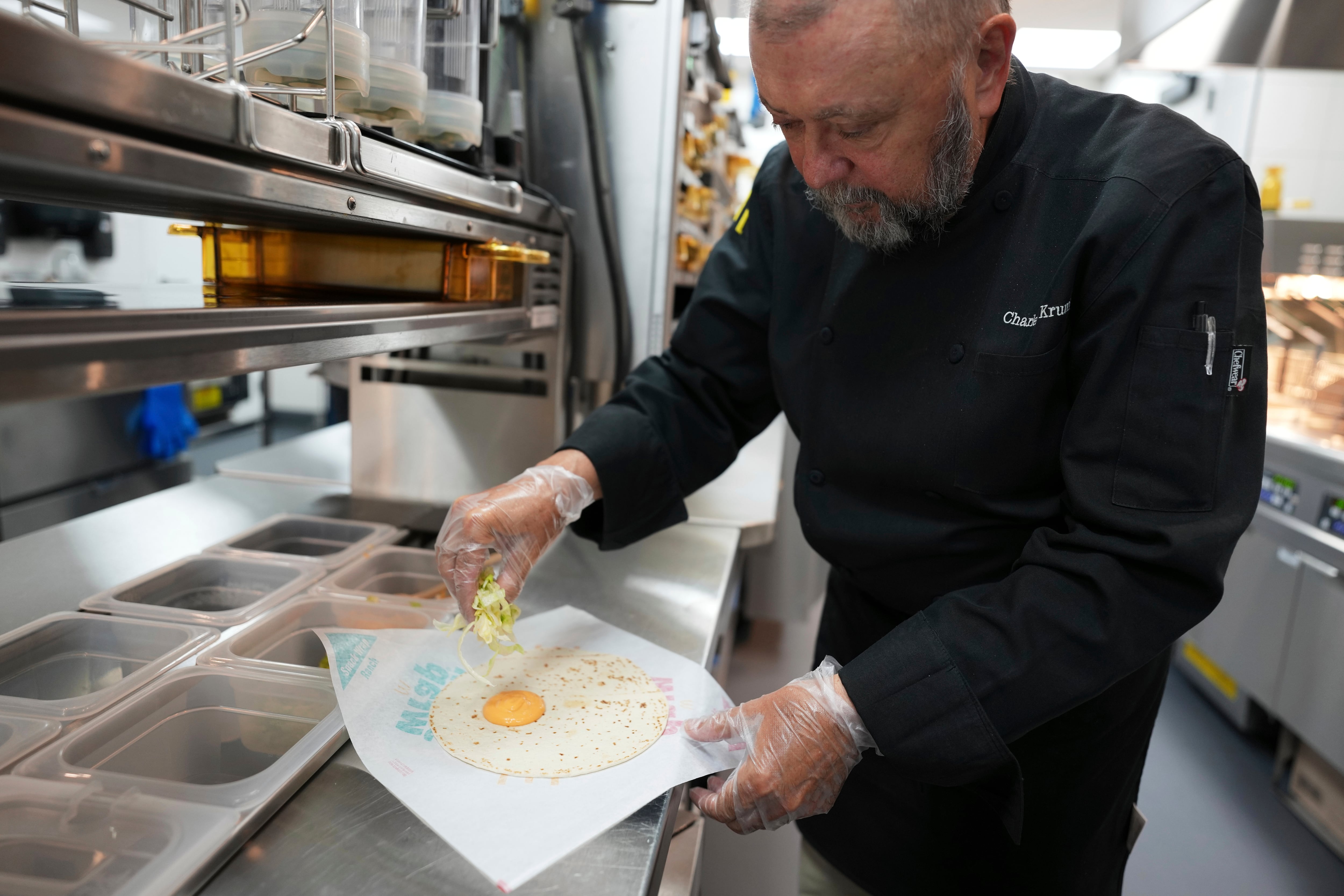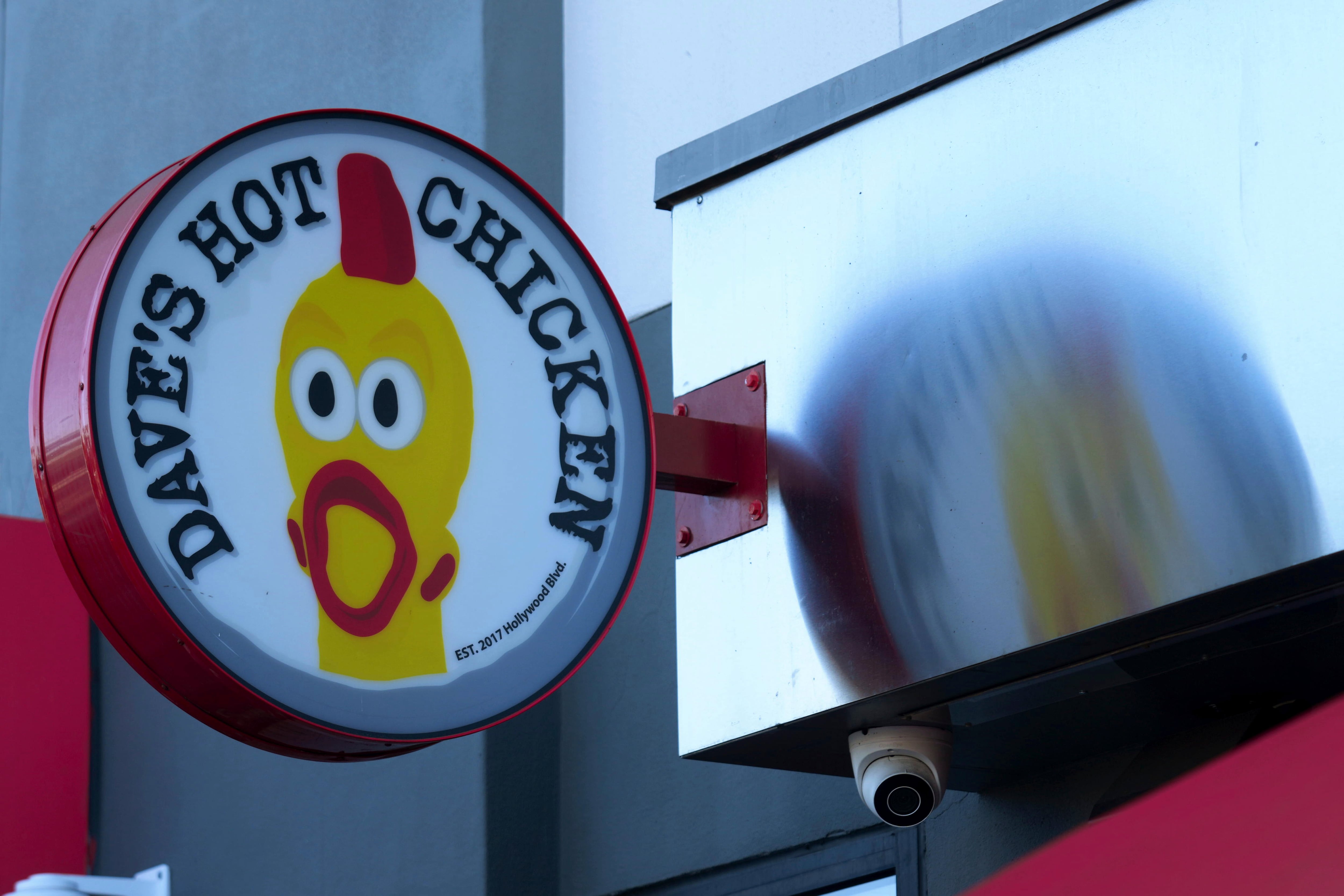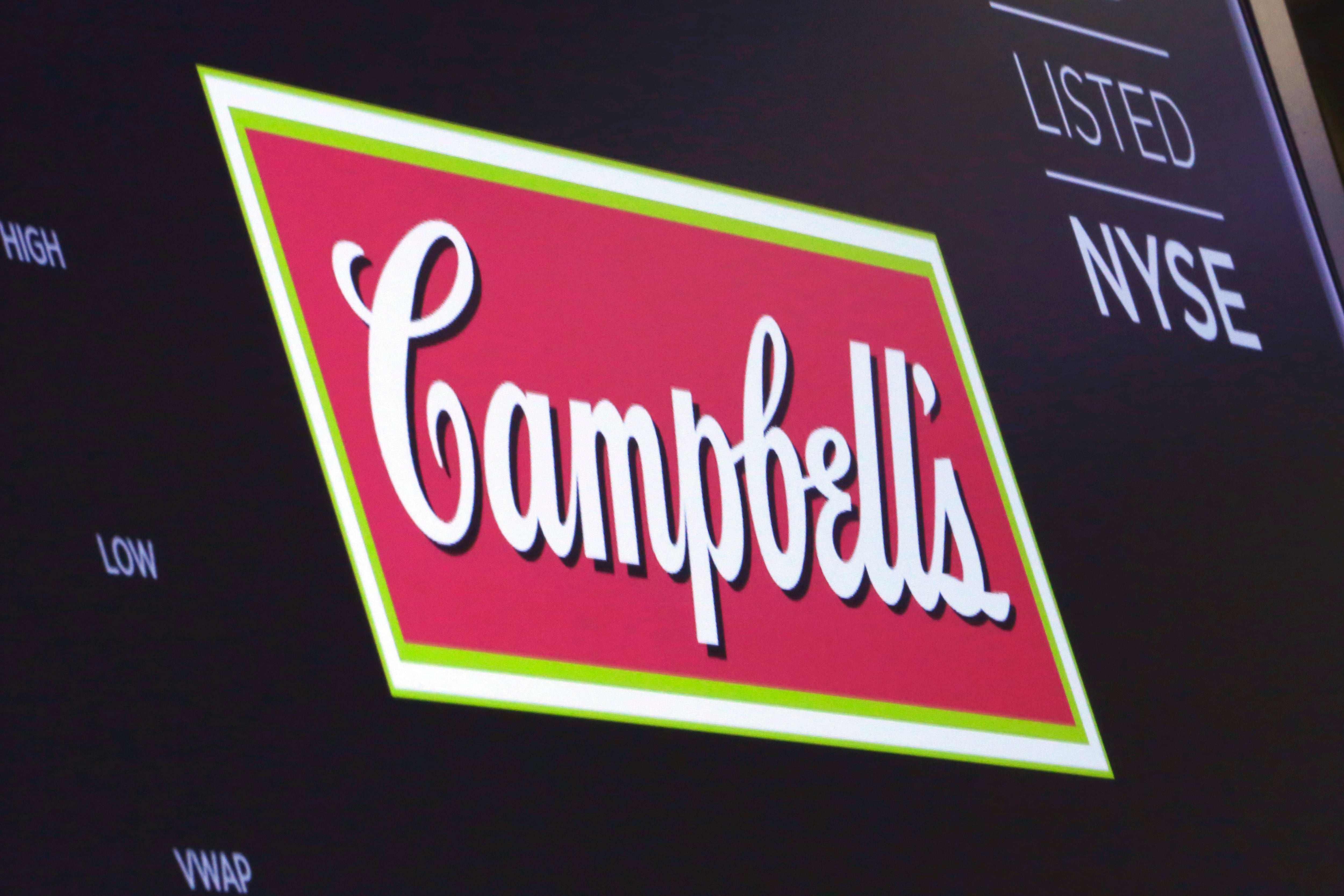*By Carlo Versano* Scooter start-up Spin is no stranger to competition. The latest twist ー just a week after failing to make the cut for San Francisco's sought-after pilot mobility program, the company is facing pressure in another city ー Denver. Lyft [announced on Thursday](https://www.theverge.com/2018/9/6/17824040/lyft-electric-scooter-denver-dockless-public-transportation) it would make its first foray into the scooter market, dropping 350 scooters in the Mile High City. But Spin's head of public policy is undeterredー Brian Kyuhoon No told Cheddar his company is "used to competition in this space." His company's already got a permit for Denver, and he expects to join Lyft there within a month. Spin is making strides outside of San Francisco and Denver too ー the start-up made headlines last month when it abruptly said it would replace its eye-catching orange bikes with electric scooters in Washington, D.C., where it arrived as a dockless bike-share provider one year earlier. It's also currently the only scooter provider in Florida, where it launched a pilot in Coral Gables, a city that serves as the rubric for draft legislation recently submitted to officials in Miami. Scooter watchers believe Miami [represents a significant opportunity as an urban test case](https://www.miamiherald.com/news/business/technology/article217841200.html): it's dense, has woeful public transit, and the weather is optimal for riding. Spin's No said the company is working with Miami officials on a roll-out there. Still, losing a bid to provide last-mile mobility in San Fran, the company's hometown, was disappointing. But No said he wasn't surprised given the "political expediencies" at play. "We actually don't think this is detrimental at all," he said. In fact, Spin is optimistic that the San Francisco decision, in which the SFMTA chose small operators Skip and Scoot over larger names like Bird and Lime, won't harm the company's long-term chances. "We're starting to see the tide turn against rogue behavior and rogue launches," No said, leaving his competition unnamed. For full interview [click here](https://cheddar.com/videos/scooter-wars-innovation-vs-regulation).












